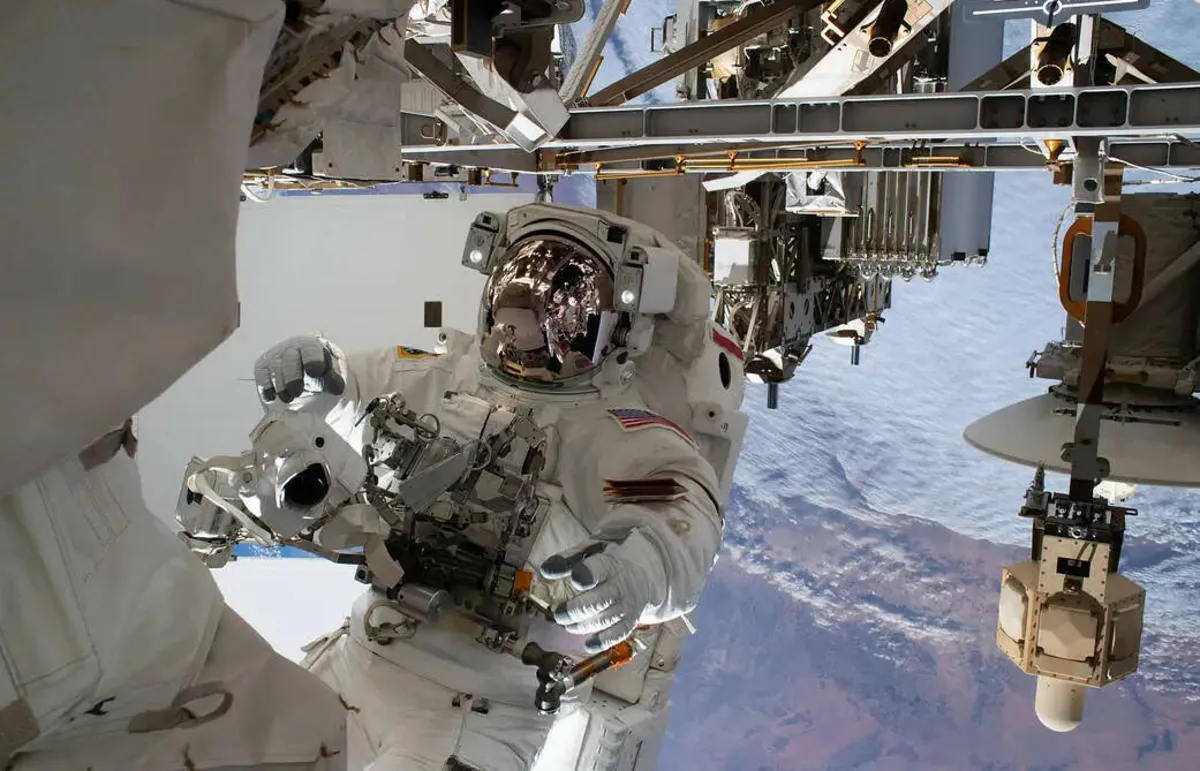
The US Congress has successfully passed President Donald Trump's budget bill, a significant legislative move that will have profound implications for NASA and its future initiatives. This bill, which Trump has dubbed the One Big Beautiful Bill, is part of the Trump administration's broader budget reconciliation package aimed at transforming the nation's infrastructure and offering tax relief.
While the budget has restored funding for two crucial missions of the Space Launch System (SLS)—Artemis 4 and 5—and placed the Gateway lunar space station back on the agenda, it spells disaster for NASA's science programs. Reports indicate that these programs are facing a staggering 47 percent budget cut, a move that has been met with outrage from both the scientific community and former NASA officials.
The Planetary Society has labeled this budget cut as an extinction-level event for NASA's scientific endeavors. In a powerful joint statement, every living former head of NASA's Science Mission Directorate (SMD) condemned the proposed funding reductions, emphasizing the detrimental impact this will have on the agency's ability to conduct vital research and exploration.
Interestingly, the budget allocates a surprising $85 million for the transportation of a Space Shuttle from one museum to another. Critics, including former NASA Deputy Administrator Lori Garver, have expressed concern over this prioritization of funds. Garver remarked, "If this is the priority for our tax dollars, we are doomed," emphasizing that moving the Shuttle would likely require dismantling it, potentially causing irreversible damage.
Wayne Hale, a former Space Shuttle Program Manager, has also weighed in on the controversy, recalling suspicions from 2011 regarding the lack of a Shuttle in Houston. He pointed out that Houston and Texas have come to view NASA and the Johnson Space Center (JSC) as entitlements, arguing that "Anything worthwhile is worth fighting for."
As the repercussions of Trump's One Big Beautiful Bill unfold, reports indicate that changes within NASA are already underway. NASA is reportedly treating the FY 2026 budget request as the new operating plan, prompting mission teams to prepare shutdown plans that will allow the agency to swiftly cease operations when necessary. However, NASA has not confirmed these reports, with a spokesperson stating, "We are aware of the provisions included in the One Big Beautiful Bill relating to NASA. The agency will put all enacted funding to good use and continue to work diligently to execute the President's vision for the future of space."
Despite the challenges posed by budget cuts, NASA remains committed to its mission. The agency aims to embrace the challenges ahead as it strives to usher in a Golden Age of human space exploration and innovation. As the landscape of space exploration evolves, the implications of the One Big Beautiful Bill will undoubtedly shape the future of NASA and its ambitious goals.